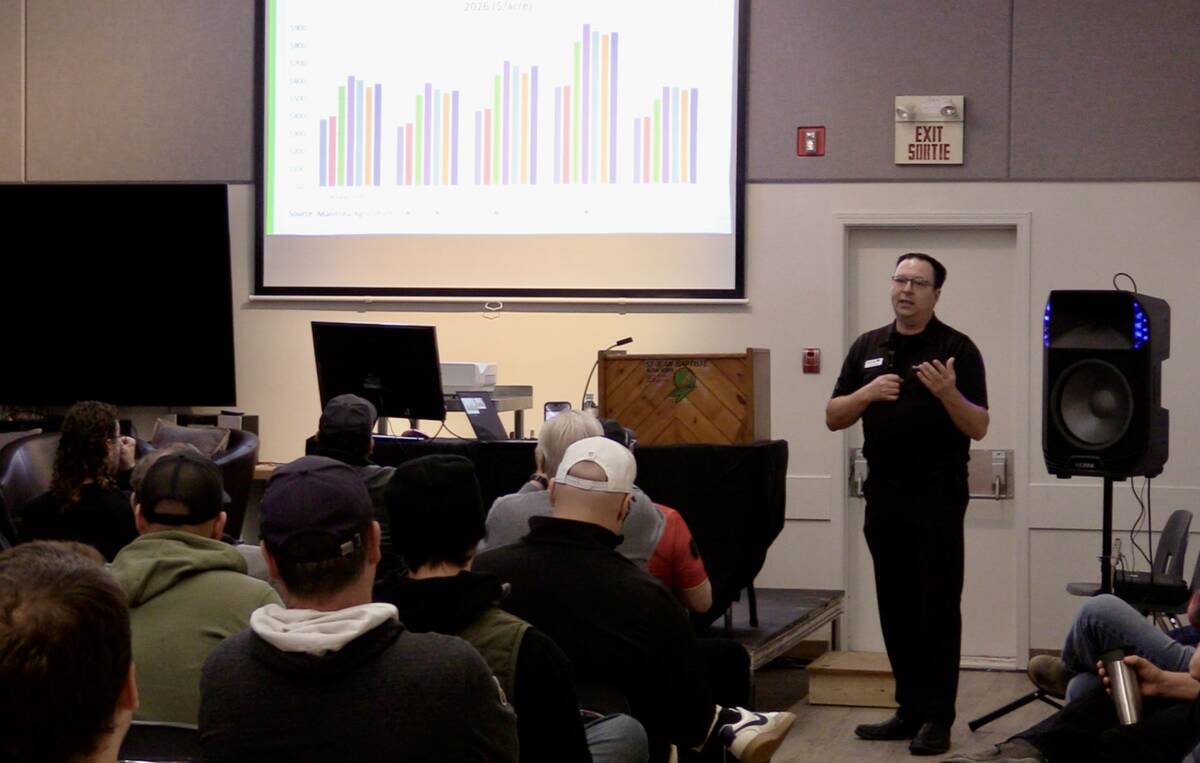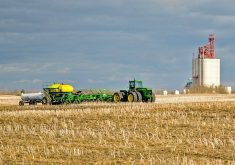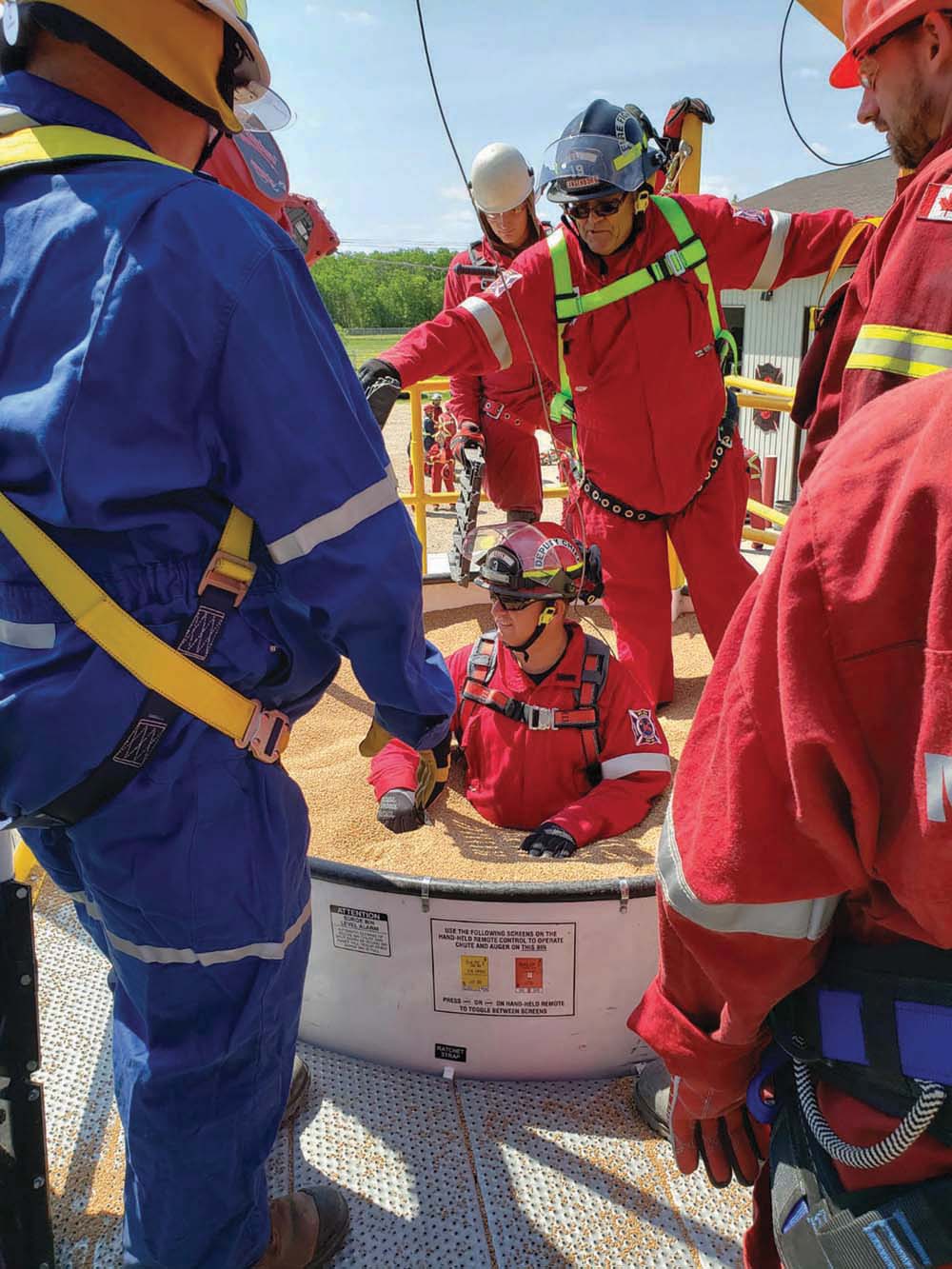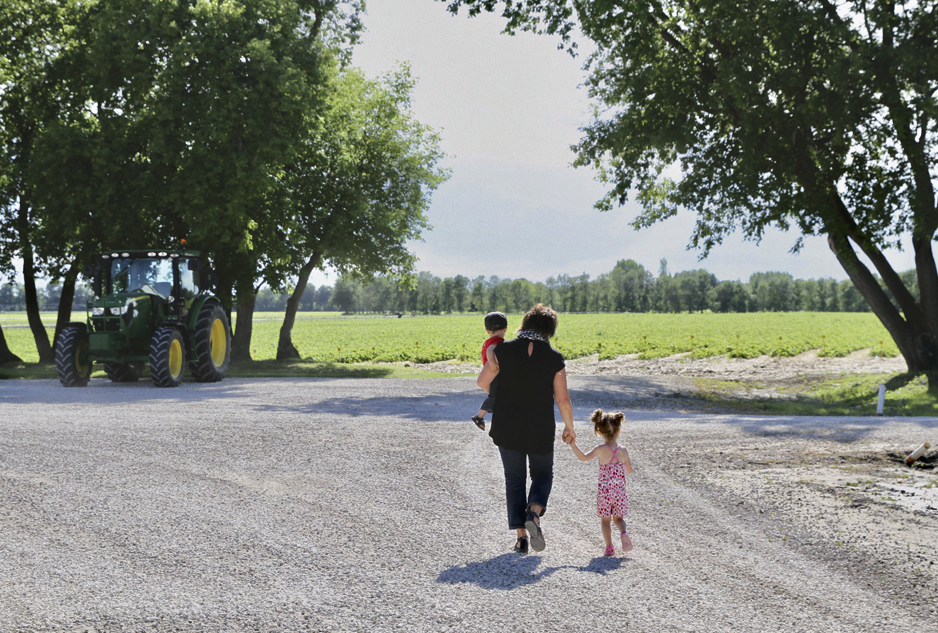Igrew up working long hours on the farm, so I know before I even make this statement that farm managers may cringe when I write that developing health and safety policies is a great way to show appreciation for your workers. There. I said it. Don’t stop reading. I have a point to make here.
Farmers write policies all the time, in employee handbooks, or other policy documents, as a way to communicate responsibilities to their employees. And in fact, employees need to understand their roles and what is expected of them before they step into a tractor or enter the machine shed.
Read Also

VIDEO: Farmer inflation double that of other Canadians
Darren Bond with Manitoba Agriculture says farm inflation is hitting Manitoba producers as high as 50 per cent over the past five years.
But when it comes to health and safety policy statements, it’s a two-way street. Employees need to know that they have a responsibility to conduct themselves in a safe manner, and employers also have a responsibility to communicate their commitment to safety to those who work for them.
Unreported
If you don’t make an effort to see what’s behind door No. 2, you are creating a situation where hazards might go unreported, possibly out of fear on the part of the employee that feedback on safe work practices won’t be taken kindly. This could put everyone who works or lives on the farm at risk.
So when developing safety policies, here’s what you need to do.
Start with a general health and safety policy statement. This statement should outline your health and safety philosophy and the objectives of your safety plan. It should also state that you have made a commitment to preventing injuries and illnesses, and that workers are also responsible for their own health and safety, as well as the health and safety of anyone else who works on the farm.
This should be supported by more specific operational policies, which cover standard operating practices, training requirements and records, emergency plans, first aid records, working-alone procedures, and incident investigation processes and followups.
Keep it simple
In working with farmers on policy development, I encourage them to keep it simple. If it isn’t simple, it won’t be implemented. Also, don’t overpromise. Your health and safety policies need to be sustainable to be effective.
Lastly, I come across the fear that employees might abuse the very policies put in place to protect them. If you make health and safety policy development a group activity, all your workers will be invested in its success. This will help weed out unreasonable claims while keeping everyone on the farm protected.
While the task of developing policies and documentation might seem huge, there is a lot of overlap between farm safety plans and on-farm food safety and quality assurance programs, so where relevant, cross-reference.
Stick to the essentials and you could be setting your operation on course towards a safe and productive future that will improve morale, position yourself as a preferred employer, and protect against the risks of injury. For more information on health and safety policies or developing your own written health and safety plan, visit www.agsafetyweek.ca.














